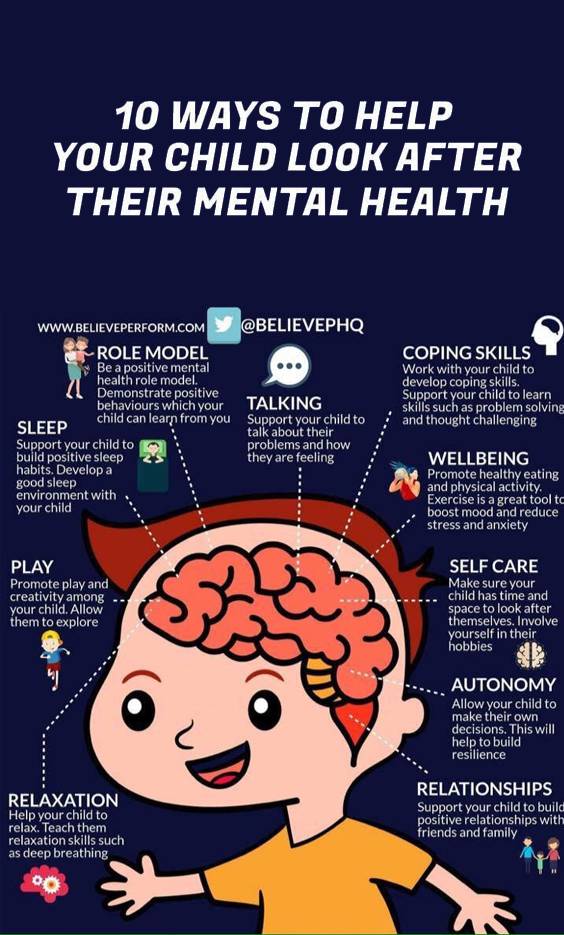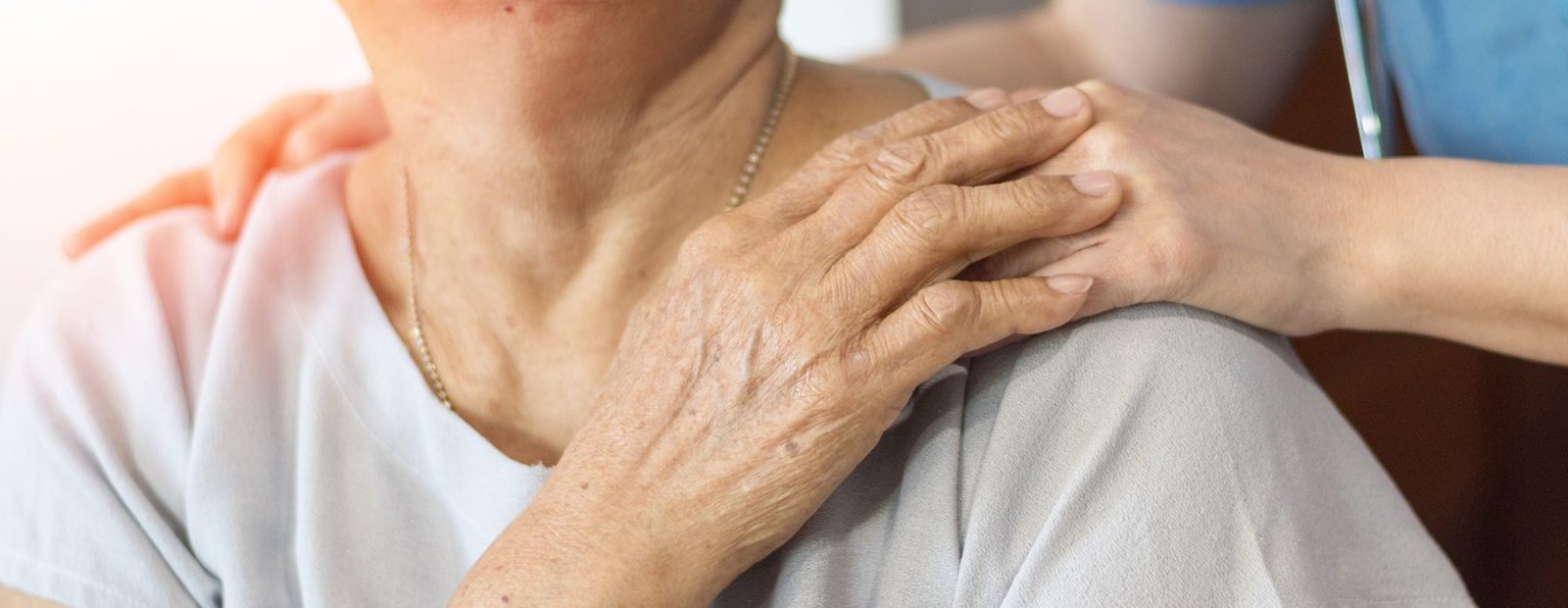Ultimately mental health is about being cognitively, emotionally and socially healthy. It is about learning and implementing tools to build resilience when life knocks you down rather than living a problem free life.
According to the World Health Organization mental health is a ‘state of well-being in which every individual realises his or her own potential, can cope with the normal stresses of life, can work productively and fruitfully, and is able to make a contribution to his or her community’.
How can mental health impact on an individual’s life?
Low levels of mental health cause distress and impact on day to day life as well as being associated with poor physical health and premature death from suicide. Whereas high levels of mental health are associated with increased learning, creativity and productivity, more positive social behaviour and social relationships, and with improved physical health and life expectancy.
Depression and Anxiety
Depression and anxiety are two of the most common forms of mental illness and have a profound impact on the individual. Whilst being worried or anxious is a part of everyday life someone can have anxiety to such a degree it impacts on their functioning in everyday life. Depression can have a profound impact on an individual and affects both their physical and mental health.
The impact of an X & Y chromosome variant on mental health
Whilst depression and anxiety are common mental health disorders in the general population they have a much higher incidence in people with an X & Y chromosome variant. For example patients with Klinefelter Syndrome/XXY Syndrome have a higher burden of psychiatric conditions, especially depression, anxiety, schizophrenia and psychosis than the general population.
Having an X & Y chromosome variant comes with considerable medical, psychological and social implications. Psychological challenges include depression, low self-esteem and mood instability leading to a feeling of hopelessness. An individual with an X & Y chromosome variant may have differences in their appearance compared to that of the average population which may lead to them being a target of bullying. Additionally, if present learning disabilities can create challenges within these individuals. They may also experience difficulty making friends and feeling socially isolated.
What can an individual do to promote positive mental health?
Many things impact on our wellbeing. Evidence shows that the actions we take and the way we think have the biggest impact. There are certain steps we can take to improve our mental health. It’s important to get the right treatment as depression and anxiety symptoms are unlikely to go away on their own. Different treatments work for different people.
- Having social connections, good personal relationships and being part of a community are vital.
- Being active can also help, especially finding an activity you enjoy.
- Healthy eating.
- Adequate sleep.
- Continuing to learn new skills.
- Giving to others and acts of kindness can improve your mental health.
- Mindfulness practice by being in the present moment for example (Headspace app can help you learn techniques). Please see link to mindful apps and meditation apps
- Focusing on the positive traits within an individual.
- Developing coping skills, professionals can help develop an individual tool box of strategies.
How can a parent promote positive mental health?
A parent plays an incredibly important role in the mental health of their child. A parent can promote positive mental health by encouraging a stable environment for the child, being supportive of the child, and being consistent and having a routine. A warm home environment can increase a child’s sense of belonging. Additionally teaching a child how to manage and express their feelings will help them develop coping mechanisms. Don’t hesitate to ask for specialised help.
Other important factors in the mental health of someone with an X & Y chromosome variant
There is no one proven way that people recover from anxiety and depression, however a range of effective treatments and health professionals and support people can help an individual on their road to recovery. The important thing is finding the right treatments and the right health professionals and support team that work for the individual. Psychological therapy for mild and moderate anxiety and depression through to more specialised psychological and medical treatments for severe depression and/or anxiety by a team of professionals.
Professionals play a crucial role, it is important for a professional to understand the impact of living with a particular X & Y chromosome variant, so they can help meet the medical and psychosocial needs of that individual. Health care providers should work to identify and acknowledge an individual’s strengths to promote self-esteem in managing current or future challenges.
Parents are also critical in promoting self-esteem and body image in their children by encouraging open communication. The earlier a parent acts the better as early intervention can have a significant positive impact on a person’s prognosis. Additionally early intervention can prevent or reduce the progression of the illness. It is especially crucial for young people to prevent the long term consequences of a mental illness. If you see any signs of anxiety or depression in your child don’t hesitate to act.
An individual shouldn’t feel worried about going to their Doctor as their Doctor is able to help that person with their mental and physical health and direct them to the most appropriate treatment.
If you or someone you know is suffering from a mental health condition don’t hesitate to get further information or call the following:
Beyond Blue support service: 1300 224 636
Lifeline 24 hour crisis support line: 13 11 14
Kids Helpline: 1800 551 80
Confidential Helpline: 1800 737 732
Mensline: 1300 78 99 78
Relationships Australia: 1300 364 277




